Finally making a tumblr blog after lurking for years
Last active 60 minutes ago
Don't wanna be here? Send us removal request.
Text
very tiny animals fill me w both love & anxiety
160K notes
·
View notes
Text
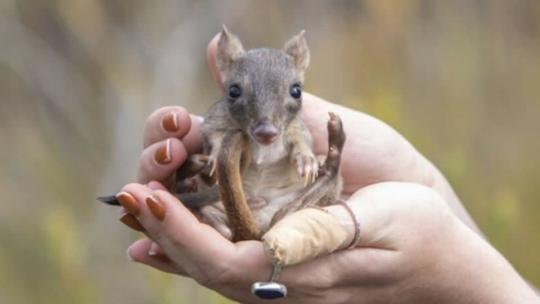
Brush-tailed bettongs (also known as woylies) once inhabited more than 60% of mainland Australia. However, the European colonization of the country brought with it predatory feral cats and foxes, and the destruction of much of the animal’s native grassland and woodland habitats.
Between 1999 and 2010, the species’ population size declined by 90% – a drastic drop that some research suggests may have resulted from the spread of blood parasites, alongside other factors. Today, the brush-tailed bettong is limited to just a few islands and isolated mainland pockets in Southwestern Australia: a mere 1% of its former range.
Marna Banggara
“We are on a mission, if you like, to bring back some of these native species that have gone missing in our landscape since European colonization,” says Derek Sandow, project manager of Marna Banggara, an initiative dedicated to restoring some of the Yorke Peninsula’s historic ecological diversity.
Formerly known as the “Great Southern Ark,” the project, which was launched in 2019 by the Northern and Yorke Landscape Board, was renamed to honor the region’s native Narungga people, who are heavily involved with the initiative.
“Marna in our language means good, prosperous, healthy, and Banggara means country,” says Garry Goldsmith, a member of the Narungga community who works on the project.
The team initially erected a 25-kilometer predator-control fence across the narrow part of the Yorke Peninsula to create a 150,000-hectare safe haven for the first species to be brought back: the brush-tailed bettong, known as yalgiri to the Narungga people. “We’ve reduced fox and cat impacts to a level that’s low enough for these yalgiri to be reintroduced and for them to actually find refuges, find food, and to survive themselves,” says Sandow.
Between 2021 and 2023, the team introduced almost 200 brush-tailed bettongs to the protected area. Sourcing these individuals from various remaining populations across Western Australia helped to “increase the genetic pool,” says Goldsmith.
EcoSystem Engineers
Brush-tailed bettongs feed on bulbs, seeds and insects, but their primary food source is fungi growing underground; to find it, they must dig. “They’re nature’s little gardeners,” says Sandow, “a single yalgiri can turn over two to six tons of soil per year.”
That’s why they’re the first species being reintroduced to the region, he says. All this digging aerates the soil, improves water filtration and helps seedlings germinate – benefitting other animals that rely on the ecosystem.
2K notes
·
View notes
Text
An effectively-unlimited supply of @argumate reply jpgs; market in free-fall.
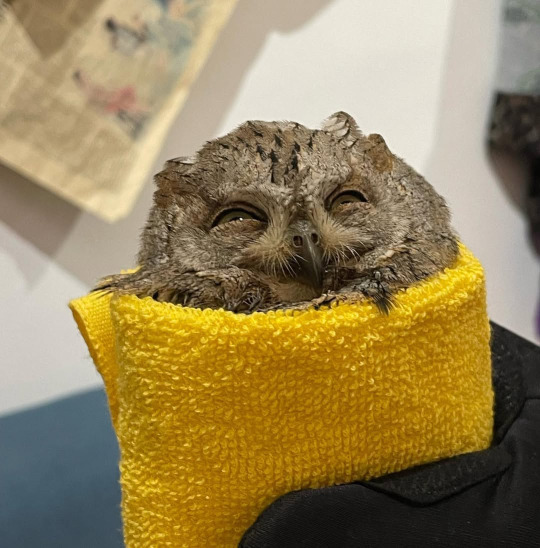
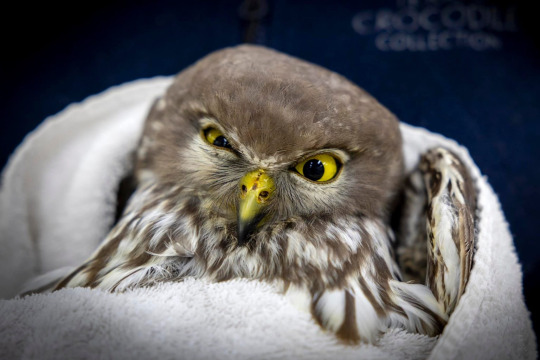
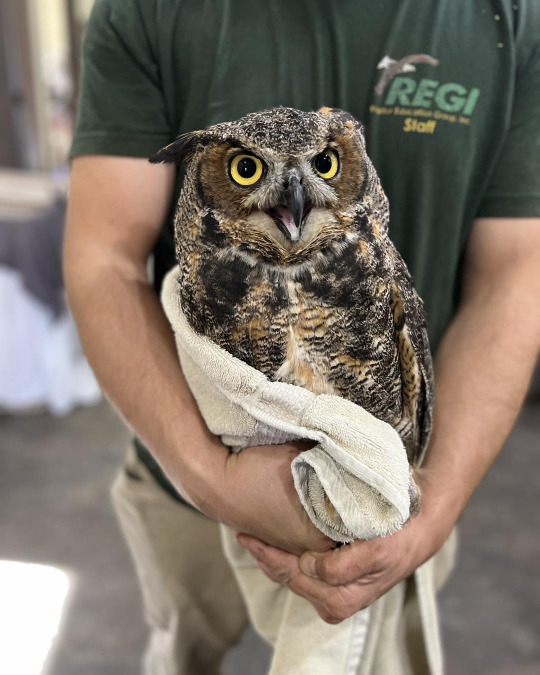
57 notes
·
View notes
Text
Trying to explain even one ounce of class/caste/ethnic/religious dynamics in South Asia to somebody completely removed from it is so humbling like sometimes I forget how cartoonishly insane all of it is. The racism factory that churns out new types of racisms
7K notes
·
View notes
Text

Was it necessary to phrase it that way
225 notes
·
View notes
Text
HORRIBLE FORCE FIELD AROUND MY ASSIGNMENTS THAT MAKES ME UNABLE TO COMPLETE THEM
2K notes
·
View notes
Text
mark your calendars...

display at my local library!!

10K notes
·
View notes
Text
When a small mammal scrunches up and cleans its face and whiskers with its little hands very rapidly. I just wanted to give you that thought for a moment did u like it.
12K notes
·
View notes
Text
Im just so frustrated bc it doesnt seem fair that your skills can degrade over time. i LEARNED IT😭
27K notes
·
View notes
Text
people who actually make social decisions of any kind based on astrology are a chore to know.
4K notes
·
View notes
Text
I was reminded today that when I was a child, we weren't going to have an ozone by the time I was an adult, but we actually fixed the problem and the ozone layer recovered.
When I was a child, smog in coastal urban areas was horrific, and it's improved a ton.
Problems that seem insurmountable now are actually fixable if enough people just agree to fix them.
34 notes
·
View notes
Text
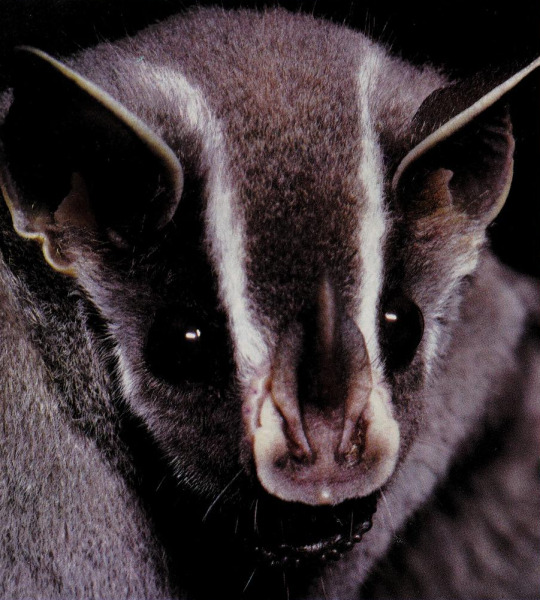
Tent bat By: Michael Fogden From: Nature's Unlovables 1990
851 notes
·
View notes
Text

A Tasmanian devil (Sarcophilus harrisii) in Ballarat National Park, Australia
486 notes
·
View notes
Text
Today's Walrus Is: Mysterious Ronin

31K notes
·
View notes


